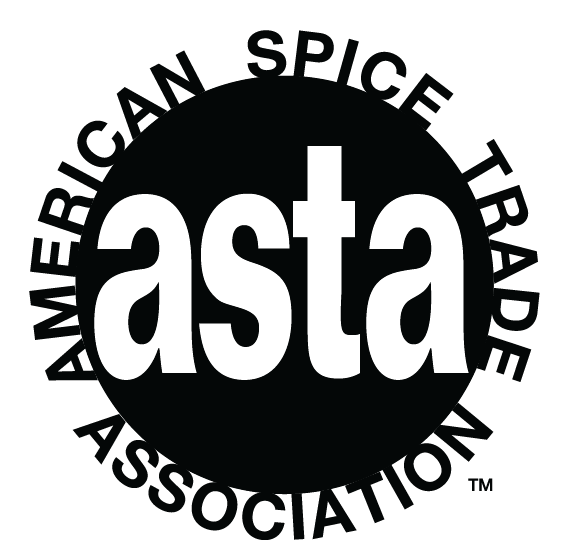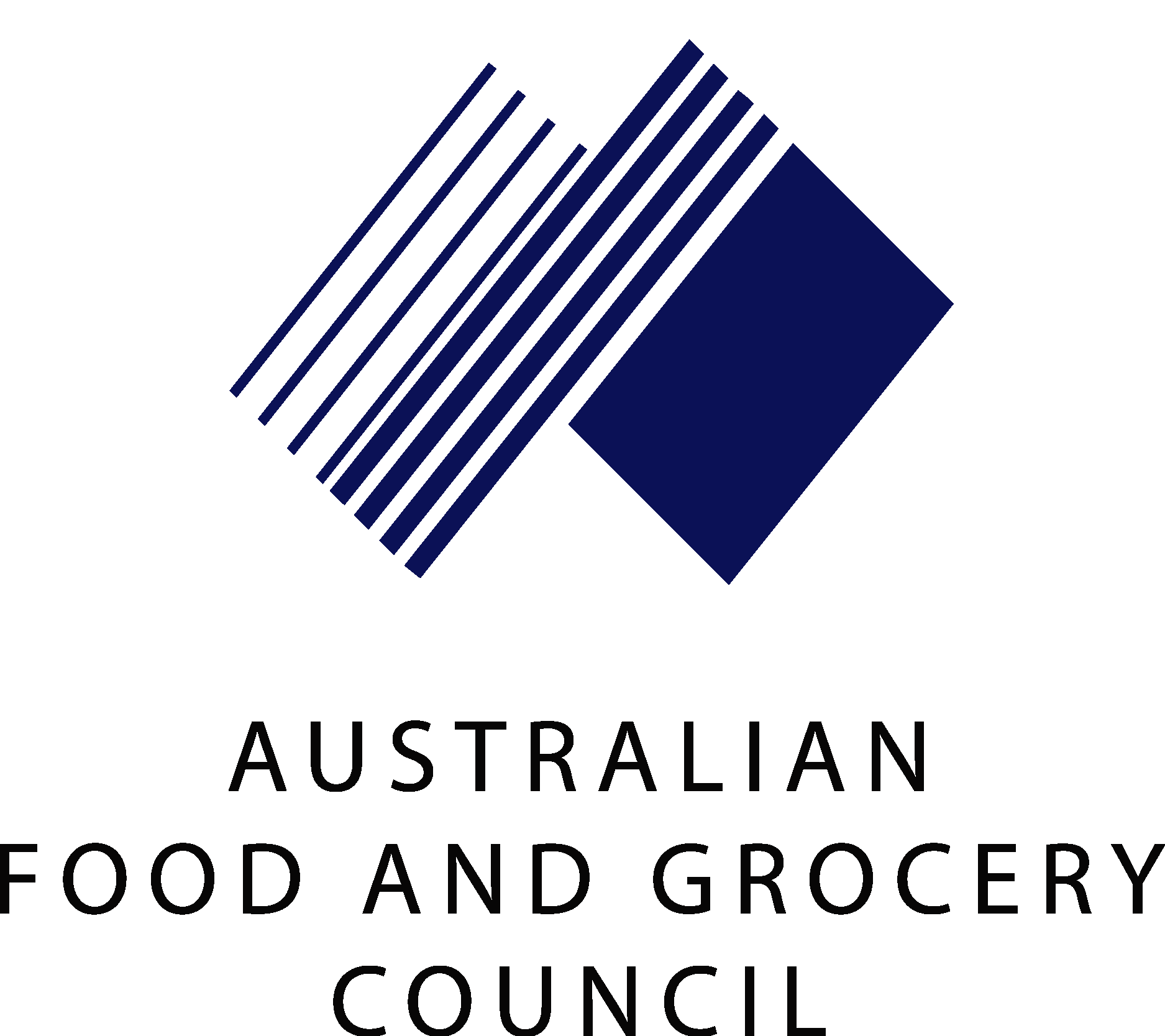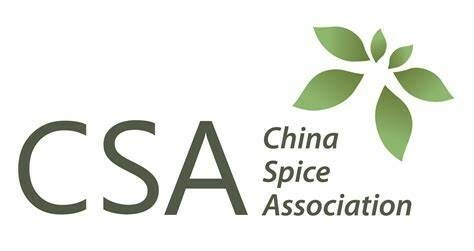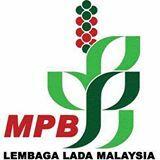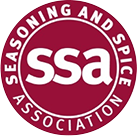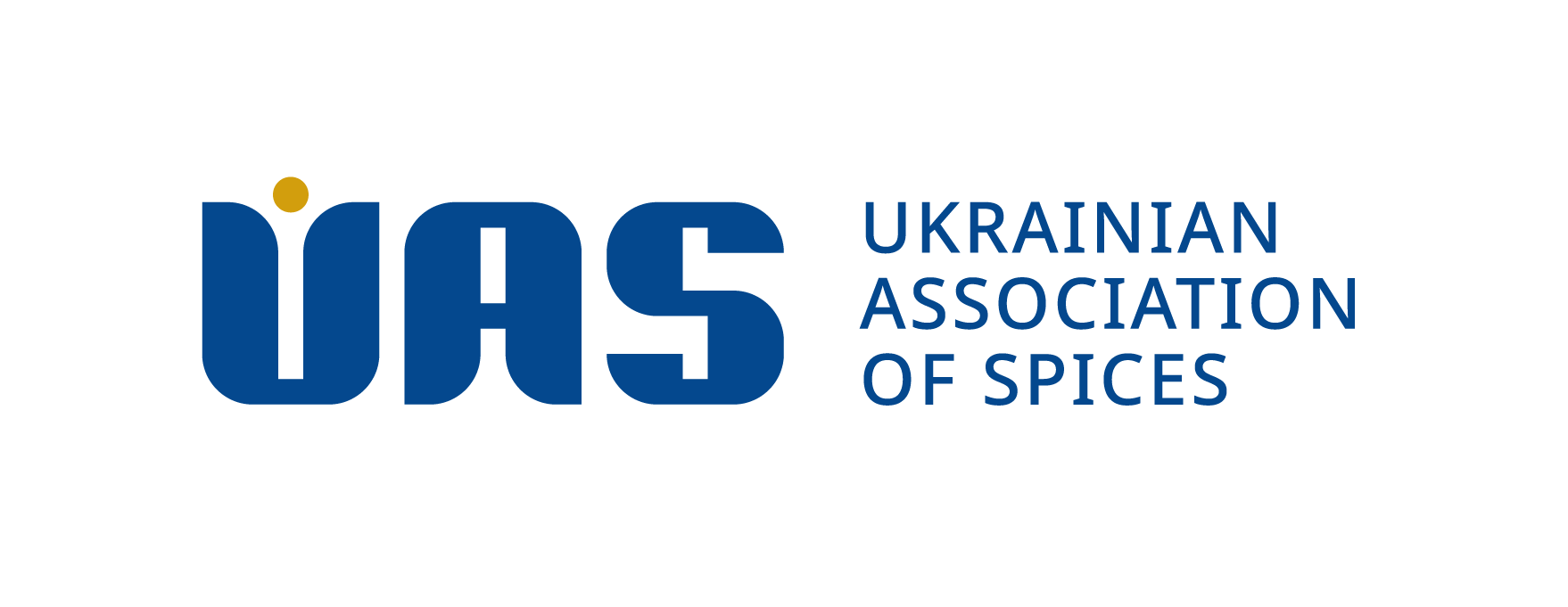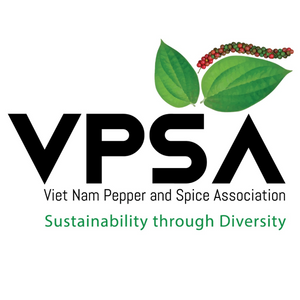Coalitions and Global Leadership
One of ASTA’s strategic goals is to collaborate with other organizations that share the same objectives on an issue. This allows ASTA to have a stronger impact on industry change, education, and public policy.
One of ASTA’s strategic goals is to collaborate with other organizations that share the same objectives on an issue. This allows ASTA to have a stronger impact on industry change, education, and public policy.

The American Spice Trade Association recognizes that the spice industry is inherently global. Spices are sourced from countries all over the world, and the industry supports the livelihoods of farmers in many low and middle income nations. ASTA is also dedicated to supporting international sustainability initiatives within the spice industry.
ASTA's global leadership positions include:
IOSTA
Secretariat
The International Association of Spice Trade Associations is made up of spice associations from around the world who work together on global issues of importance to the spice industry. IOSTA brings together these associations to address common issues and seek sensible solutions to ensure industry sustainability. Because food safety is of the utmost importance to the worldwide spice industry, IOSTA works to advance education on Good Agricultural Practices to protect consumers and comply with regulatory requirements.



